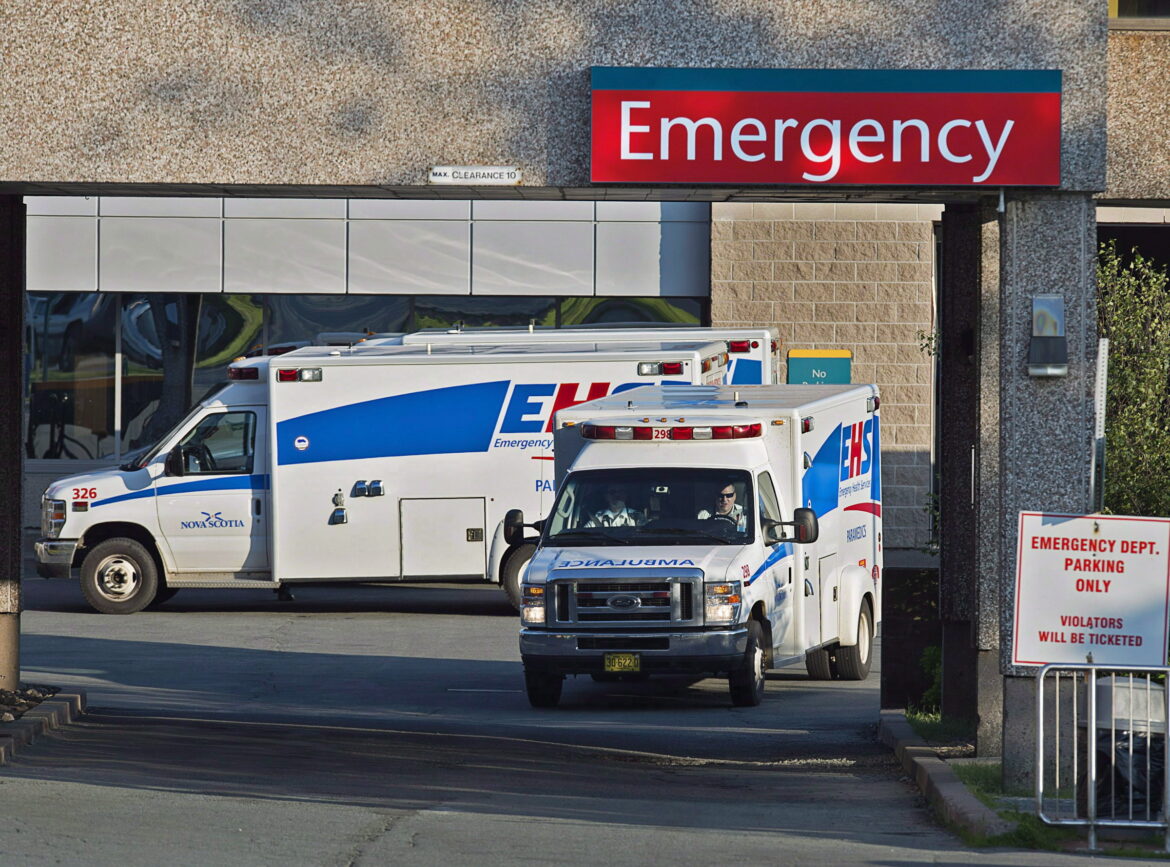A Nova Scotia union says a shortage of respiratory therapists is jeopardizing patient care, but health agencies say they’re already responding to the issue with recruitment efforts.
The Nova Scotia Government and General Employees issued a release Thursday saying the dropping numbers of the therapists at Nova Scotia Health and the IWK Health Centre is a “crisis.”
A spokesperson for Nova Scotia Health said there are currently 83 respiratory therapists, some of them part time, who fill 63 full-time positions in the health agency’s central zone. There are 24 vacancies in the central zone.
IWK Health said it employs 23 respiratory therapists and has five vacant positions in Halifax.
Both health authorities acknowledged staffing shortages among respiratory therapists in the province, but noted this is a nationwide trend.
The union said in a release that its members believe the shortage in staffing is harming care and added that Life Flight services were suspended for more than 50 hours between January and March due to a lack of available respiratory therapists.
The Life Flight service transports critical neonatal and obstetric patients to the IWK Health Centre from across all three Maritime provinces.
The IWK said in an email Thursday there are “occasionally brief interruptions” in the Life Flight and other transport services due to sick calls.
Hugh Gillis, a vice-president of the union, says the decline in staff comes from current respiratory therapists looking for better opportunities in neighbouring provinces.
Respiratory therapists are highly specialized staff in the health care sector, Gillis explained, making demand for workers high across the country. He said retaining respiratory therapists in the province is a challenge, as respiratory workers in Nova Scotia are paid lower rates than elsewhere in Canada.
“Even in our own region, we can’t compete with our neighbours in P.E.I. or New Brunswick,” Gillis said in an interview.
Gillis said the union has been asking the province to address the wage gaps between other provinces for almost two years. He said so far there’s been no action taken.
Gillis also said working conditions at the Victoria General Hospital and Halifax Infirmary—both parts of the greater QEII Health Sciences Centre in Halifax—are “taking a toll” on workers.
“These folks are giving 110 per cent every day and at the end of the day they go home and are really stressed about the work situation,” he said.
The NSGEU is currently in bargaining talks with Nova Scotia Health and the province. Earlier this month, the NSGEU, Unifor and the Canadian Union of Public Employees filed for conciliation from the province to reach an essential services agreement with the province. This is a first step toward a possible strike.






